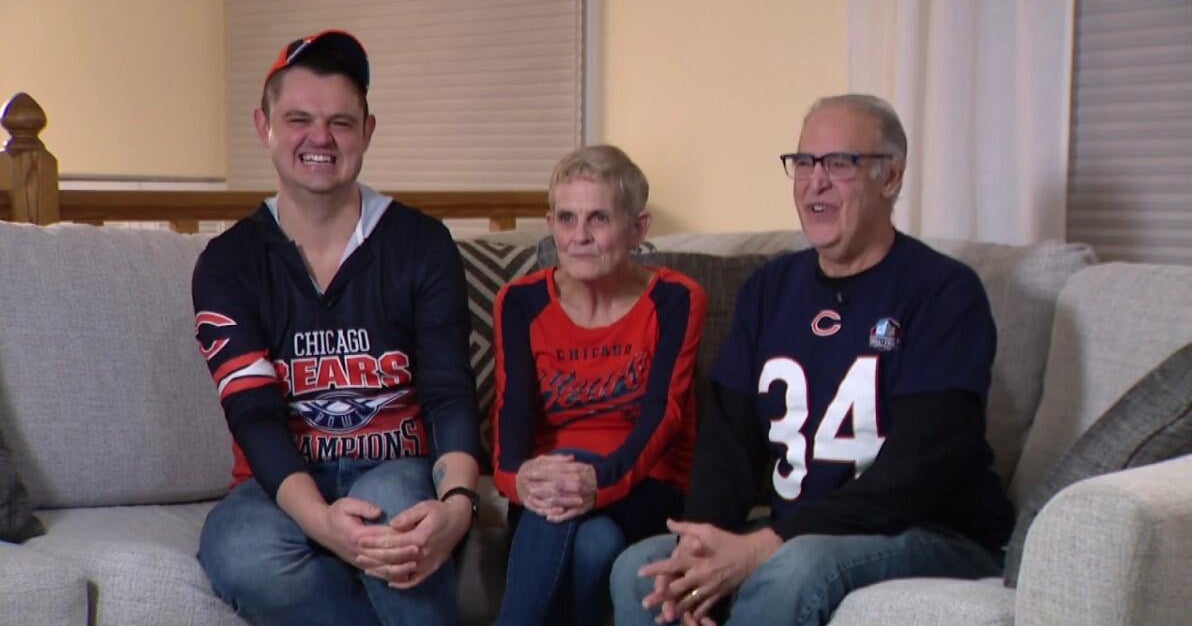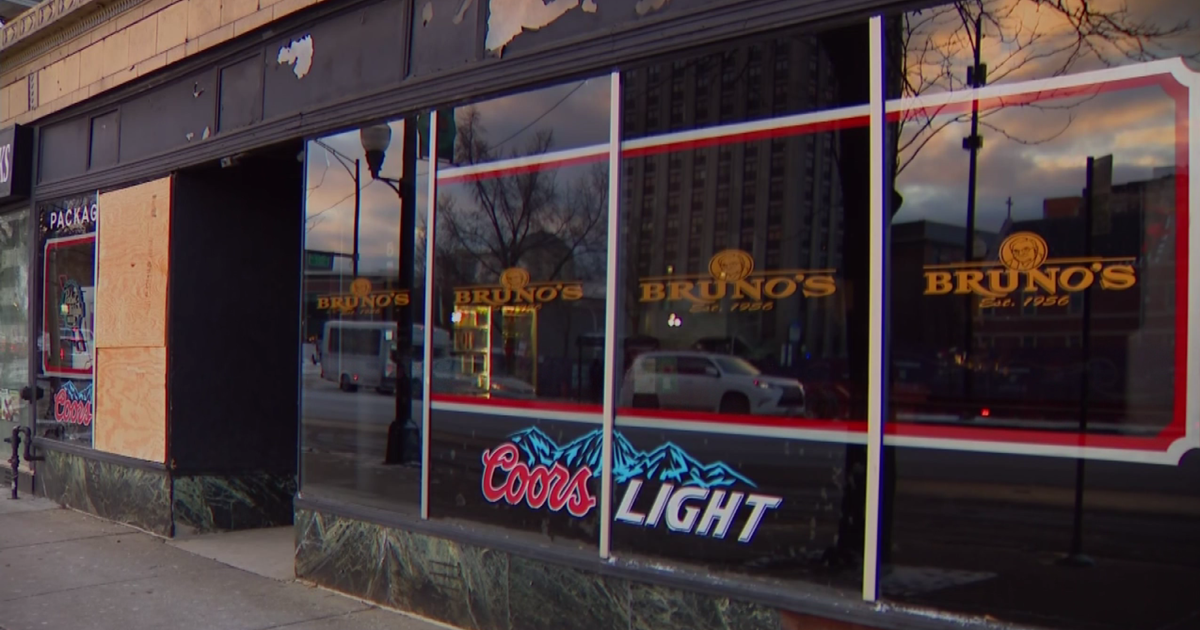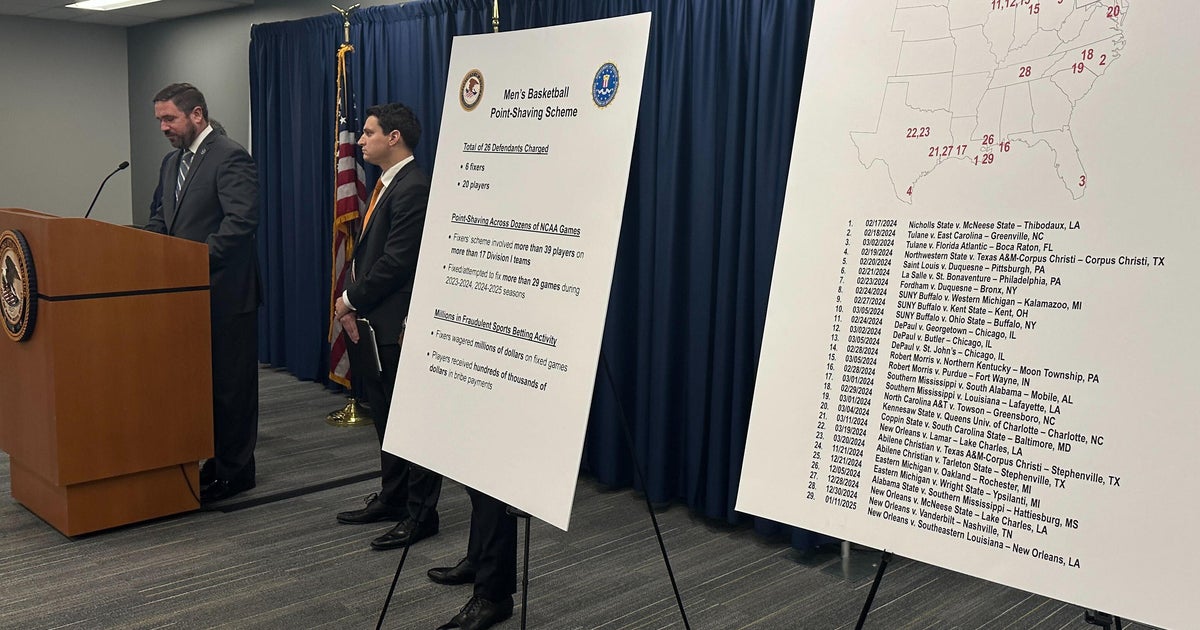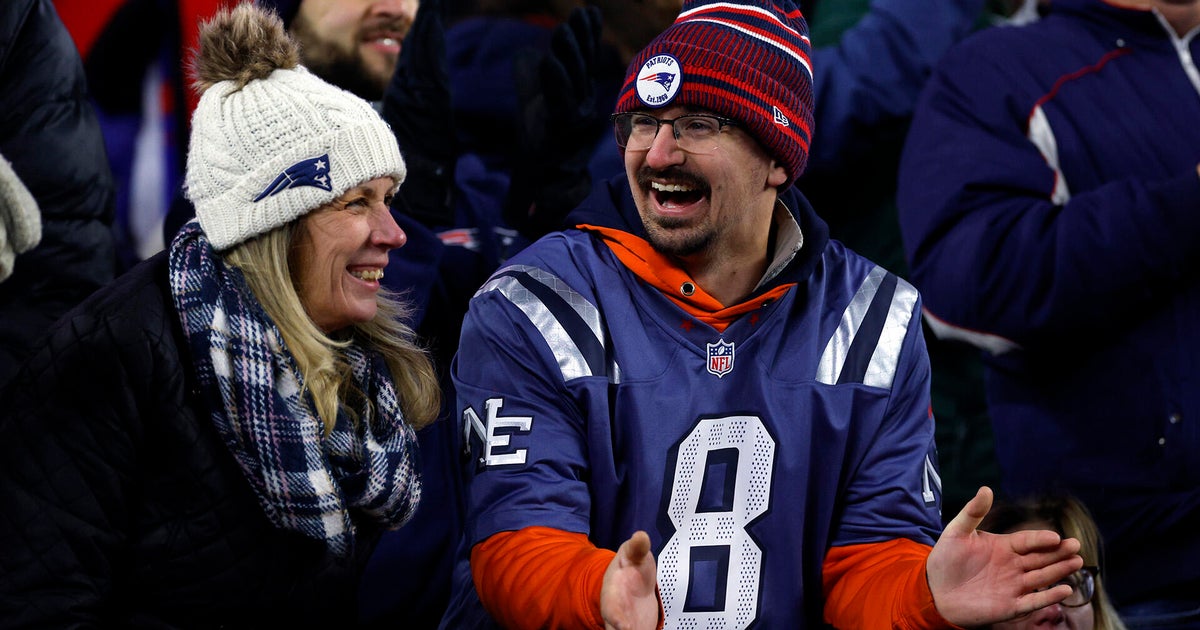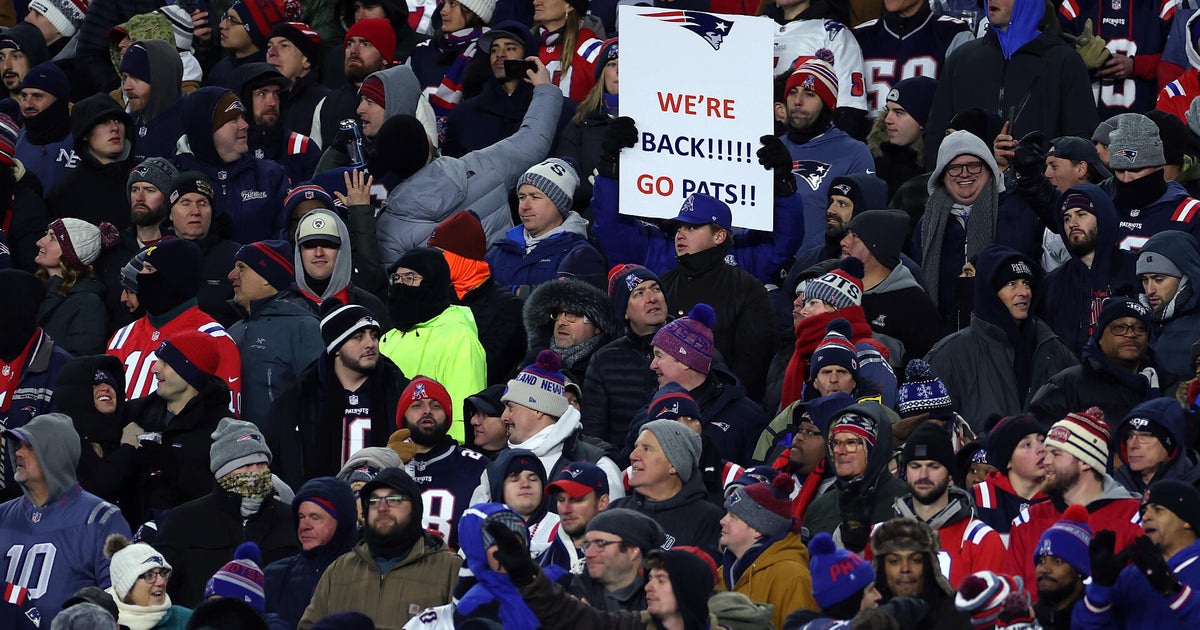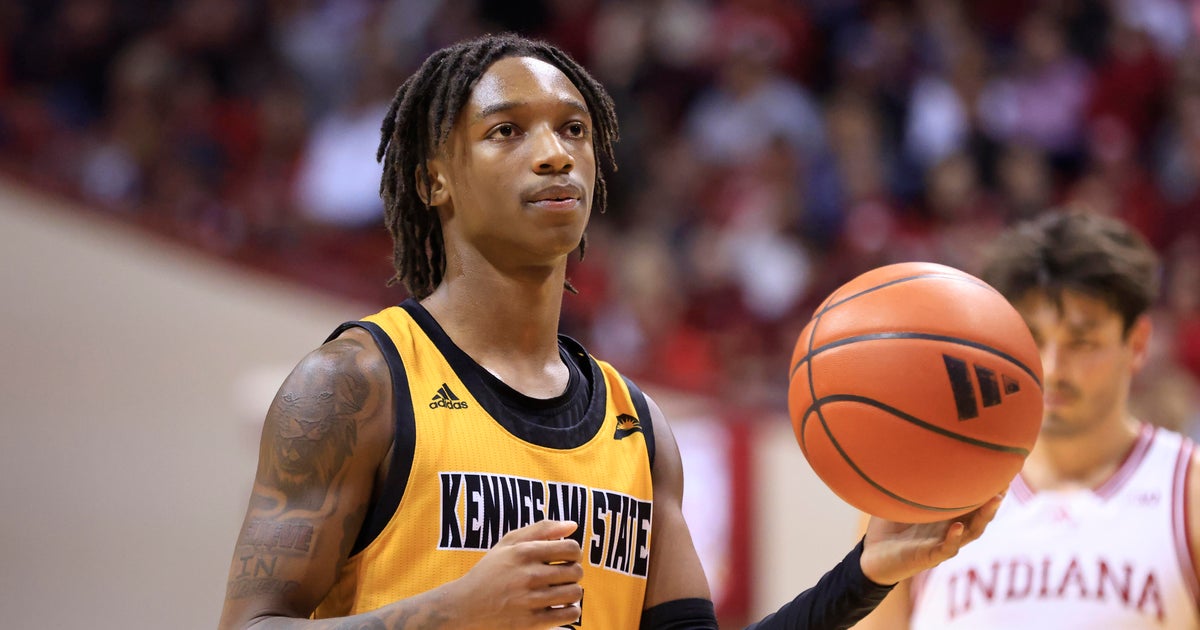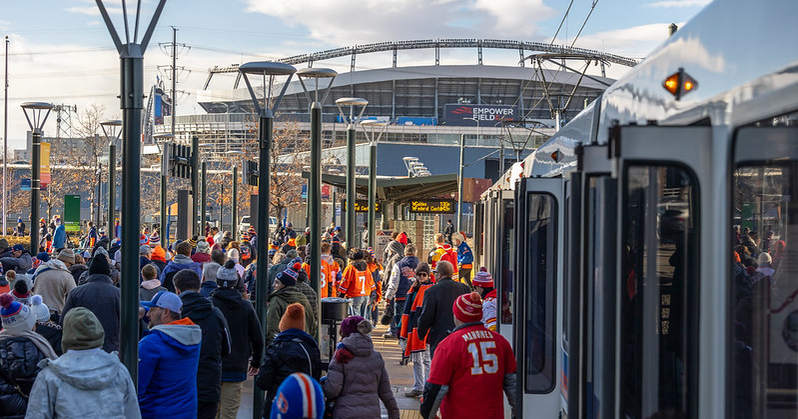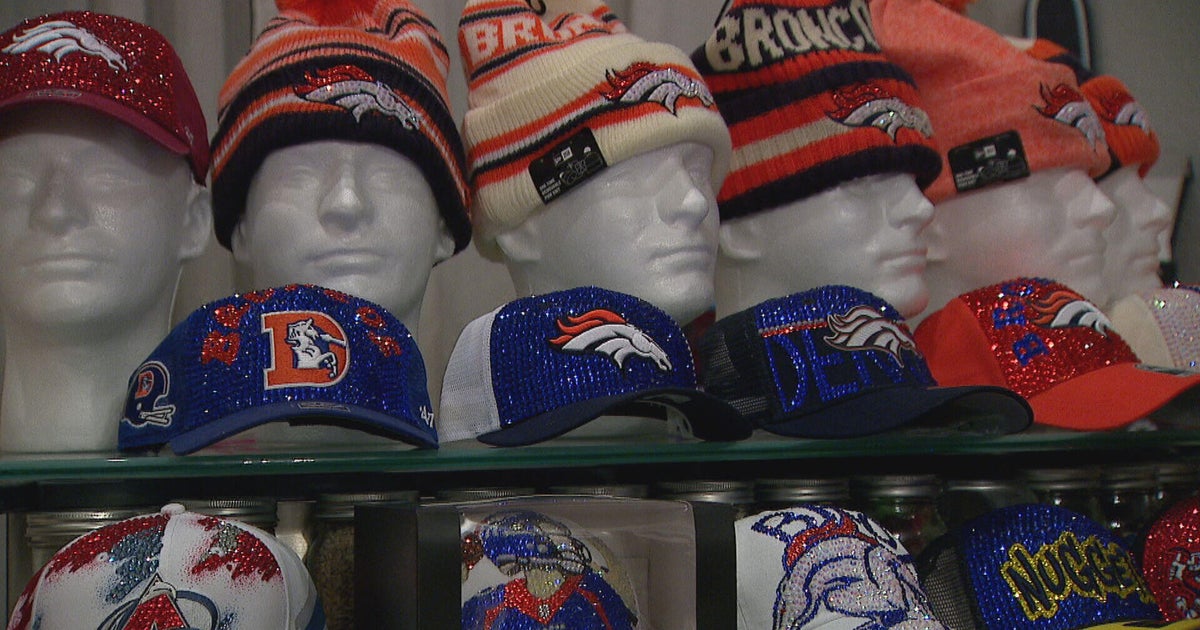Lichtenstein: NHL Fans Want Owners, Players To Fix Mess
By Steve Lichtenstein
» More Columns
In my first two years at Binghamton University, I lived in the campus dorms. None of the rooms were wired for cable and the internet was just a pipe dream. So those who sought entertainment took to the floor lounge. Want to guess what television event held the lounge attendance record those two years? A Super Bowl? World Series game? Heavyweight title fight?
Nope. Try Rangers-Islanders, Game 5 of the 1984 NHL Division Semifinals.
That room was packed to capacity, with Ranger fans outnumbering their counterparts by a good 20:1 margin. Steam was visible on the windows and then coming out of my ears when Ranger forward Don Maloney swatted a puck down with a high stick past Islander goalie Billy Smith to tie the game in the final minute. The room shook. Fortunately, Justice, in the form of Islander defenseman Ken Morrow, won the night and the series with an overtime goal.
Now let's fast forward to today. Someone creates a time machine and encounters my younger incarnation to deliver this message: The NHL might be canceling its season for a second time in less than ten years. And hardly anyone cares. And this after the New Jersey Devils made the Stanley Cup Finals with the Rangers on the cusp.
I probably would have thought that either our society had evolved to where it had less tolerance for a sport so violent and dangerous or that we were in the midst of World War III, with every available athlete needed to defend the continent from those evil commies in the Soviet Union and their Martian allies.
In those days, I believed that the NHL was just as popular as the NBA. I always felt it was the best sport to witness. OK, so maybe I knew that hockey was never headed toward national pastime status here as in Canada. But no way would I have predicted that the League I followed above all others would shoot itself in the foot so often over the years that no one, other than those in the League's employ who have no other options, would feel any pain from its loss. Maybe it was all part of NBA Commissioner David Stern's secret plan to make his right-hand man, Gary Bettman, available to the NHL in 1993 in order to sabotage it.
So it appears that the NHL owners are prepared to force another lockout of its players when the current collective bargaining agreement expires on Saturday. As always, the dispute is about money. The owners want another do-over on the crazy contracts they signed and the players want to keep their promised share. What do fans want? They're locked out of the lockout discussions.
The fans I know just wish that both sides would wake up and accept reality. Or else we'll find something else to watch.
Regardless of that one night in Binghamton, television has not kept up in its ability to transmit the arena experience to viewers' screens. Steve Sabol of NFL Films once said that football's grid made for perfect theater. Baseball's centerfield camera captures the battle of pitcher versus batter, the essence of the game. Basketball viewers can watch plays develop as well as get close-up looks at the players' faces.
Hockey's speed, fascinating in person, can be a TV turn-off. Unless you've grown up with the game, it's difficult to follow that black dot on the screen while helmeted players buzz around the ice. Remember the FOX puck tracker? That video-game enhancement was routinely roasted during its three-year life.
It also not helpful that we haven't skated out of the Dead Puck Era. There was a slight increase in goals scored following the 2004-05 lockout when new rules were enacted to assist offensive play, but that trend reversed soon after. Monster goalies in oversized pads now routinely stop over 90% of shots.
The problem is not only scoring, but scoring chances are down. Coaches are paid to win, so they concoct neutral zone traps and clog the front of the net to prevent shots from getting through, trying to win every game 1-0. Hey, that's why Americans don't watch soccer. But it's a world where Rangers 40-goal scorer Marian Gaborik gets benched because he doesn't block shots as well as coach John Tortorella would like.
As a result, the NHL's national ratings, as compared to other sports, are miniscule. With a few exceptions, the games are seen on the NBC Sports cable network, formerly called Versus. It's not easy to find. I was in Florida visiting my parents during last season's Devils/Panthers first –round playoff series. I could watch Marlins/Cubs, game 11 of 162, but not Game 3 of the Stanley Cup playoffs. The ratings for the Finals, never more than a blip on the Nielson needle anyway, took a hit thanks to the presence of the low-profile Devils and competing NBA playoff games.
I can't even get my two sons to watch with me anymore. "No one watches hockey," my 12-year old said. "You can't see anything. No one scores. The only reason people watch is to see people kill each other. But we already have football for that."
These TV issues, in turn, have led to a relatively smaller chunk of revenue received by the NHL owners from their national television contract and the root of the underlying problem in the labor negotiations.
All leagues share national TV revenue. In the NHL, that's not enough to feed a 30-team league. I read that the NHL shares less than 15% of all revenue among its clubs, by far the least among any of the major leagues (the NFL is 80%, the NBA 50%, and MLB 31%). Rangers Grand Poobah James Dolan said yesterday he wants his team to play hockey. He doesn't want it bad enough, as far as I can tell.
If Dolan, Philadelphia's Ed Snider of the Flyers, Detroit's Mike Ilitch, and others of their ilk are really interested in a sustainable league, then they should look past their own wallets. They can research what happened when Halas and the Maras sacrificed a little for the best interest of their League. NFL revenue sharing created the environment where market size is immaterial to a team's success rate.
It shouldn't matter whether that revenue was created by a national or local media contract. You need opponents to play the games. The NHL owners were eager to create them while absorbing the windfall from the franchise fees in their reckless expansion. Did they really need a team in Columbus? Or all those southern cities where no one plays hockey?
Now every year we read about a different NHL team on the brink of bankruptcy. Even here in the country's largest market, there are difficulties. Under the current agreement, teams in the New York market are prohibited from receiving revenue sharing slices. Devils owner Jeffrey Vanderbeek needed special help from the League in a race against the clock to recently refinance his team and arena debt or lose his team. On Long Island, owner Charles Wang has been hemorrhaging money for the last 12 years even with a fairly sweet TV deal with MSG and will no doubt skip town as soon as he is legally able unless someone builds him a new arena.
A salary cap has not helped that once-proud franchise, winners of four consecutive Cups and an unbreakable-record 19 straight playoff series in the early 80s, compete with its division rivals. In fact, their biggest offseason story has been the grievance filed by defenseman Lubomir Visnovsky, who is looking to void his trade to the Islanders from Anaheim. It's not that Visnovsky is such a star. You see, the Islanders need his exorbitant contract just to meet the requirements of the salary cap floor.
Here's where the players come in. They have every right to stick to their guns and grab everything within reach during their limited careers. The owners signed off on every contract, whether or not they were counting on the lockout to break them (I'm convinced there's no way Minnesota steals Zach Parise from the Devils without factoring in a rollback. Then again, Lou Lamoriello likely thought the same when creating the Ilya Kovalchuk deal). But what kind of League will they be playing in? And is it worth the risk of losing membership should teams fall off the cliff? After all, the NHL can run only so many teams at once.
It should be fairly simple. Increased revenue sharing in exchange for lower player costs. Have Brendan Shanahan go back to the drawing board to fix the game to increase the entertainment value. Work with its television partners to grow the game.
Of course, it is just as likely that the owners' greed will rule the discussions and that Donald Fehr will play the familiar pit bull role the players hired to maintain their status as he did during the baseball strike.
If that happens, both sides might want to remember something else that occurred in 1984. A once growing league finally succumbed after years of low scoring, ugly TV ratings, overexpansion, burdensome player costs, and inadequate revenue sharing. Let's check back in another 30 years or so to see whether the NHL avoided the fate of the North American Soccer League.
What's your message to the NHL and its players' union? Be heard in the comments below!
